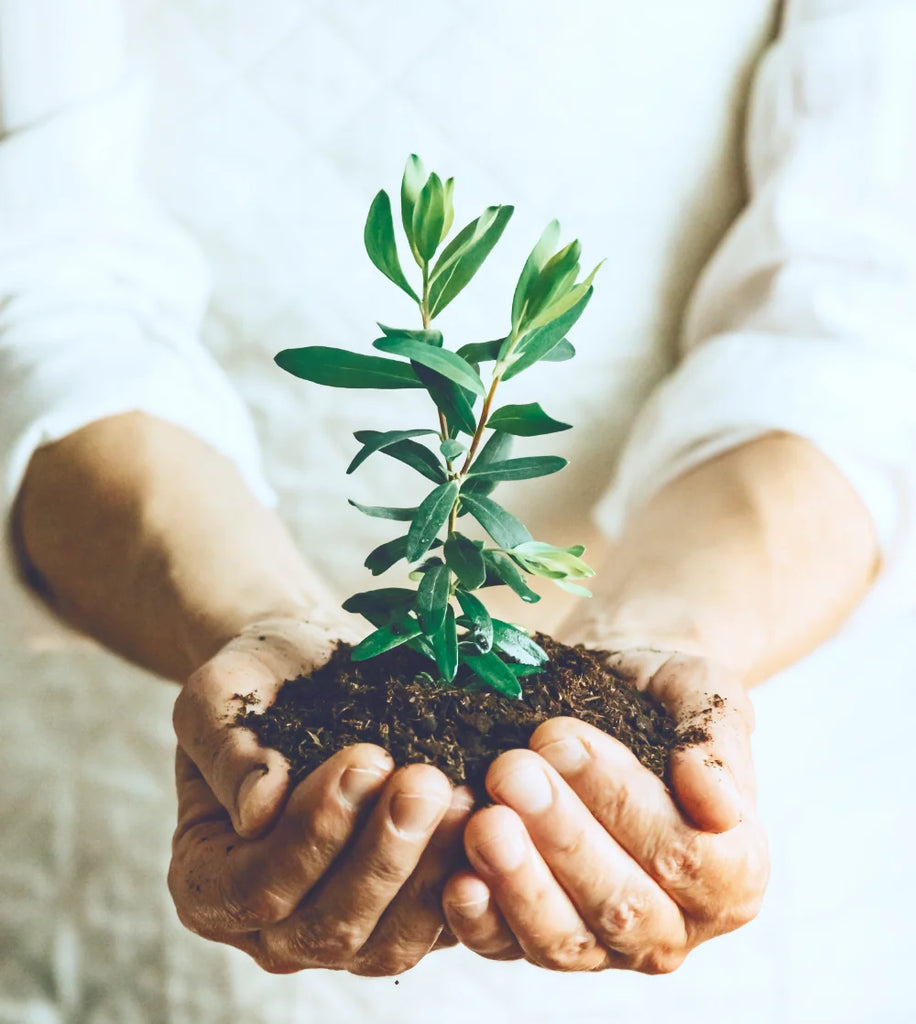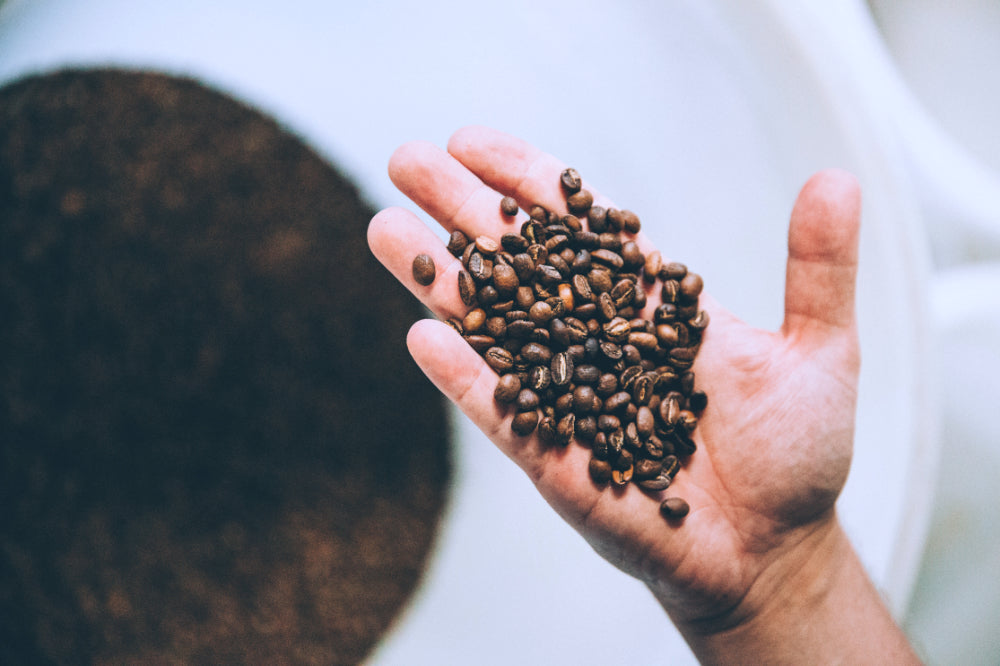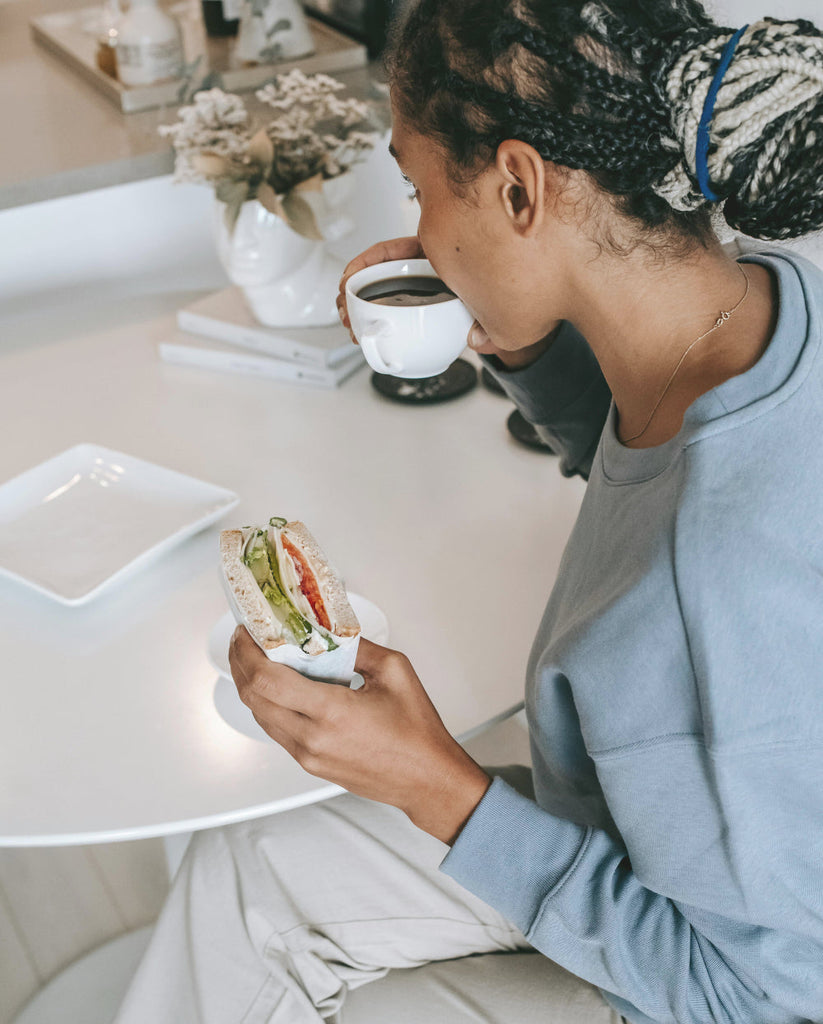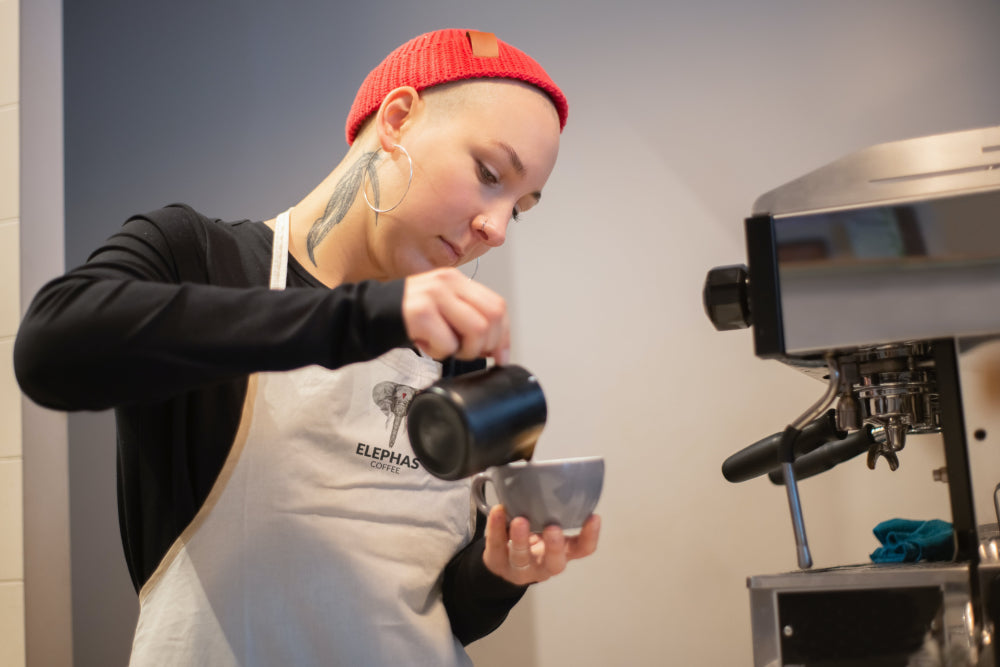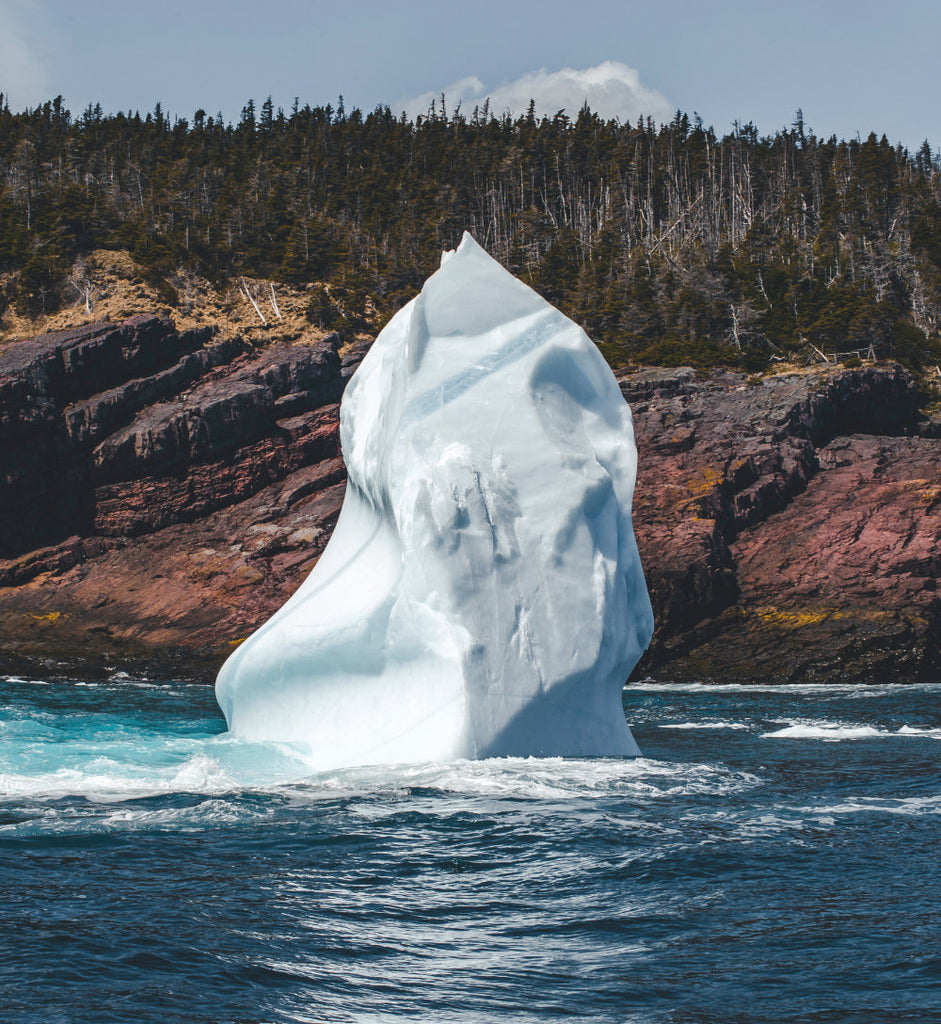
The Role of Water Quality in Brewing the Perfect Cup

When it comes to brewing the perfect cup of coffee, many factors come into play—bean quality, grind size, brewing method, and water temperature, to name a few. However, one often-overlooked element is the quality of the water used. Considering that a cup of coffee is about 98% water, it’s no surprise that water quality can significantly impact the taste and overall experience of your brew. At Elephas Coffee, we believe that understanding the role of water quality is essential for every coffee enthusiast.
Why Water Quality Matters
Water is the solvent that extracts the flavors from your coffee grounds. The minerals and pH level in the water can either enhance or detract from the coffee's natural flavors. Poor water quality can result in a flat, bitter, or overly acidic cup of coffee, while high-quality water can bring out the nuanced flavors and aromas of your beans.
Key Components of Water Quality
Mineral Content (Hardness)
- Calcium and Magnesium: These minerals contribute to the water’s hardness and are crucial for extracting the best flavors from your coffee grounds. Ideally, you want a balanced mineral content to avoid a flat or overly bitter taste.
- Bicarbonates: These help to buffer the water’s acidity and maintain a stable pH. Too many bicarbonates can make your coffee taste chalky, while too few can result in an overly acidic brew.
pH Level
The pH level of your water should ideally be around 7, which is neutral. Water that is too acidic (low pH) or too alkaline (high pH) can distort the flavor profile of your coffee, making it taste sour or bitter.
Total Dissolved Solids (TDS)
TDS measures the concentration of dissolved substances in the water. A TDS level of 150-200 ppm (parts per million) is generally considered ideal for brewing coffee. Too high or too low TDS levels can lead to over-extraction or under-extraction of the coffee grounds, respectively.
How to Improve Water Quality for Coffee
Use Filtered Water
Filtering your water can remove impurities, chlorine, and excess minerals that can negatively affect your coffee. A good quality water filter can make a significant difference in taste.
Consider Bottled Water
If your tap water is particularly hard or has a high TDS level, you might want to consider using bottled water specifically formulated for brewing coffee. Look for brands that indicate they have balanced mineral content and are free from contaminants.
Water Testing Kits
Invest in a water testing kit to measure the hardness, pH level, and TDS of your water. This can help you understand what adjustments might be needed to achieve optimal brewing water.
Use a Water Softener
In areas with very hard water, using a water softener can help reduce the calcium and magnesium levels. Be cautious, though, as water that is too soft can also negatively impact your brew.
Practical Tips for Home Brewers
- Start with Clean Equipment: Always use clean brewing equipment to avoid any residues that can affect the water and the coffee.
- Experiment with Different Waters: Try brewing with different types of water—tap, filtered, and bottled—to see how it affects the taste of your coffee.
- Adjust Your Recipe: If you’re not satisfied with the taste, consider adjusting the grind size, coffee-to-water ratio, or brewing time along with the water quality to find the perfect balance.
Conclusion
At Elephas Coffee, we understand that brewing the perfect cup of coffee is both an art and a science. Paying attention to the quality of water you use is a simple yet effective way to elevate your coffee experience. By understanding and controlling the mineral content, pH level, and TDS of your water, you can ensure that every cup of coffee you brew is rich, flavorful, and satisfying. So next time you brew a cup of Elephas Coffee, take a moment to consider the water quality and enjoy the enhanced flavors it brings to your favorite beans.





